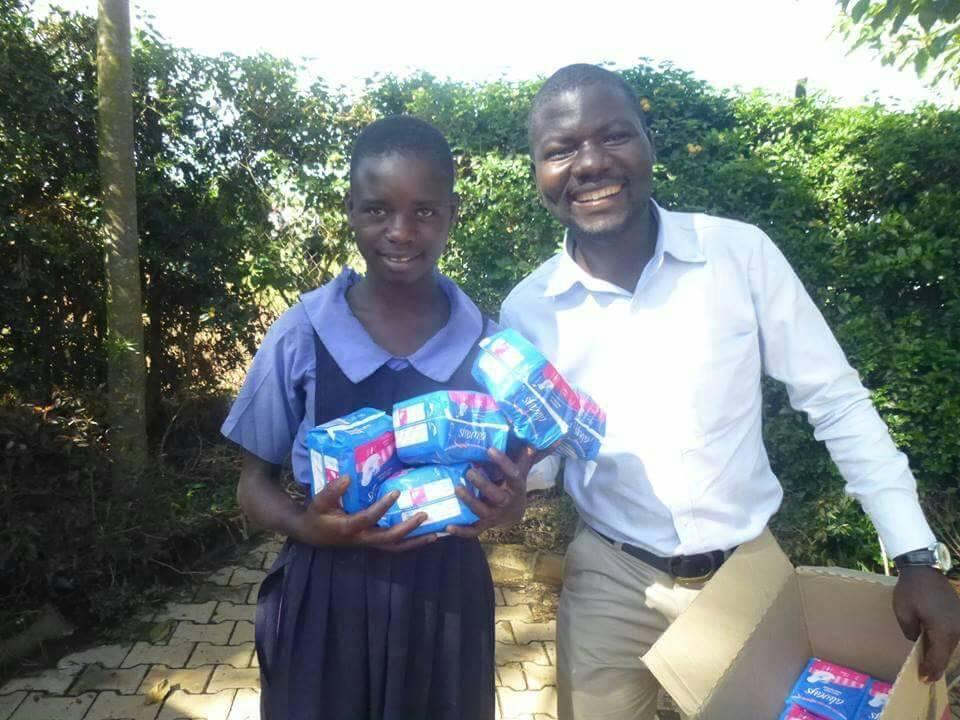Goal
To improve peoples’ health welfare and contribute to the health sector’s intervention in promoting a health and economically productive society.

Thematic Areas:
Sexual Reproductive Health, HIV/AIDS, Malaria Control, Nutrition, Communicable Diseases and Pro-poor Health Policy Advocacy.
DFU is cognizant of the fact that 75% of the diseases in Uganda are preventable and therefore preventive and good health practices need to be promoted. This calls for a participatory approach where communities are enabled to identify their health needs, rights, and impediments to good health. In this line, DU has implemented programs aimed at improving people’s knowledge of all Sexual Reproductive Health aspects, Maternal Child Health, specifically immunization, and nutritional aspects.
DU’s health strategy is intended to guide mobilization of commitment and support maternal and child health services and their providers in Uganda as well as contribute to the attainment of 4th and 5th Millennium Development Goals. Besides, the strategy will contribute to concerted efforts in place towards the reduction of infant, child, and maternal morbidity and mortality. DFU is also aware that health is central to all the MDs in that a productive life is key to their realization. The right to health is central to DFU’s health interventions.
DU’s strategy on health interventions is designed in such a way that it addresses the imbalances in decision-making at the household level, autonomy on reproductive health issues, and availability of women-friendly HIV barrier methods, all of which continue to pose a threat to the health of children, adolescents, and women. Major emphasis among others is placed on sexual health, reproductive health, malaria prevention, and HIV|AIDS prevention, care, and support. These efforts complement the Ministry of Health’s Strategic Investment towards the reduction of infant and child morbidity and mortality, incidence, and prevalence rates in HIV/AIDS and malaria between 2011 – 2015.

Key Project Activities:
- Create awareness on issues of sexual reproductive health and rights (SHR), nutrition, HIV/AIDS, and related policies with a view of understanding and influencing them
- To build coalitions and alliances for sexual reproductive health and rights (SHR), malaria, nutrition, and HIV/AIDS services at districts, national, and international levels through advocacy and lobbying geared at policy influencing
- Identify, refer, follow up, and provide psycho-social support and food supplements to at least 50% of the targeted communities infected and affected by HIV/AIDS, malaria, maternal and child health-related problems
- Document and disseminate best practices and lessons learned in engaging the targeted communities in HIV/AIDS, sexual and reproductive health, nutrition, malaria, and health rights.
- Community sensitization and empowerment in health issues
- Facilitating interface between community members, policymakers, and health service providers
- Capacity building of communities and partner NGOs/CBO to carry out health-related lobbying and advocacy activities.